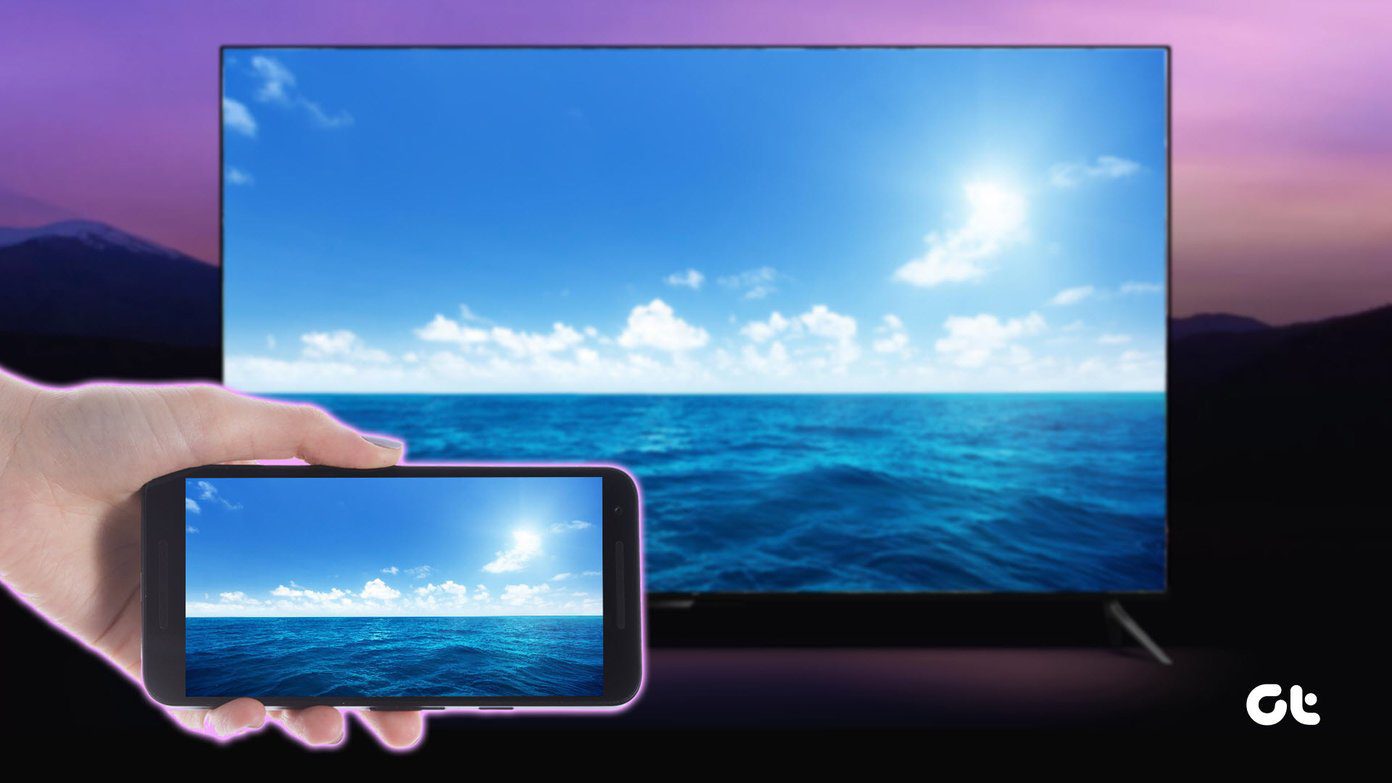Both Apple and Google have upped their podcast offering with dedicated apps. Apple has announced to break podcast from iTunes to a standalone app on macOS. Talking about mobile apps, Pocket Casts has been a go-to recommendation for various reasons (especially now as it’s free on mobile platforms). But as I dig through the Apple ecosystem, I found two capable alternatives, Overcast and Castro. We have already covered Pocket Casts comparison with Overcast and in this post, we will pit it against Castro. The comparison will be based on a quick interface review, discover function, listening experience, extra features, and price. Let’s jump in.
Availability
Pocket Casts prefers to spoil its audience. The app is available on Android, iOS, Mac, Windows, and Web. It’s been a boon for someone living in multiple ecosystems. You will find Castro only on iOS. It does support Apple Watch, though. Download Pocket Casts for iOS Download Castro for iOS
User Interface and Navigation
Pocket Casts received a fresh coat of paint with the 7.0 update. The app uses the standard bottom bar navigation to go through menus. The default homepage shows the subscribed podcast channels. Filter tab displays the newly released podcasts and starred ones for easy access. You can also change the appearance with different themes and icon style from the settings menu. Overall, it’s a beautiful interface with the right elements at the right place and easy to understand navigation. By default, Castro takes you to the Queue tab. It’s similar to playlist feature. You can add podcasts in a queue to listen continuously. The Inbox tab shows the upcoming podcasts with top picks section. I like how the Castro settings are accessible from every tab. On Pocket Casts, you need to go through the profile to change the settings. I prefer Castro’s interface compared to Pocket Casts. I like how it already uses iOS 13 style floating menu in the app.
Discover Podcasts
Both apps offer multiple ways to find a new podcast channel. On Pocket Casts, head to discover section and explore new channels. Their categorization is similar to the App Store for iOS. The featured section shows the trending channels across the globe. You can discover popular podcast, big network channels, and browse them via different categories such as Music, Tech, Comedy, Business, Fiction, and more. Castro’s discover tab is straightforward. It displays the big relevant banner on top with a section name. You can scroll down and find the podcast topics such as Arts, Politics, Music, TV & Film, Sports, Comedy, and more. Tap on the ‘+’ icon to add a channel to your collection. I like Castro’s simple take here. In comparison, Pocket Casts looks cluttered to me. Castro only has one issue. To change the country, you will need to go to Settings > Advanced > Category Country. It should have been integrated into the discover tab.
Features That Matter
Pocket Casts is packed with rich functions. You can download podcasts, add notification reminder to a channel, set auto-download for a specific channel, and share it with others. The app also supports Siri Shortcuts. For example, you can say ‘Hey Siri, Play Android Police podcast’ and it will open Pocket Casts and starts playing the latest episode. One can also use the Auto Archive option which archives the played episode. It’s a neat way to keep the relevant and unread podcasts in check. You can check the detailed stats on how much time you listened to podcasts and playing history from the Profile menu. Castro is already compatible with iOS dark mode. When you add a podcast in Queue, it will automatically download the episode and delete it after removing it from the Queue tab. With Sideload function, one can easily import audiobooks, conference talks from Safari browser to Castro. Similar to Pocket Casts, Castro also supports Siri Shortcuts. I have set it to ‘Hey Siri, Play Castro’ and it will open the app and start playing the first episode from the Queue. Castro syncs perfectly with Apple’s Handoff function with Mac. When opened up on iPhone, you get the ability to carry it on Mac with Handoff function, and it will start playing in the Safari browser. I miss that in Pocket Casts. Both apps support iOS widgets and long-press app icons to reveal popular shortcuts.
Smooth Listening Experience
None of the above functions matter if the listening experience is not up to mark. A superior and clutter-free listening experience is one of the reasons for power users to choose third-party apps over the default Apple and Google podcast apps. Pocket Casts has nailed the basics here. First, it displays a matching color in the background with the channel icon. It has a nice detail. The podcast player lets you forward by 45 seconds and backward by 10 seconds with a single tap. You can increase the playback speed, trim silence, and boost volume. The app also supports sleep timer function, which will turn off the podcast after the selected time. One can also use the channel customization such as playback effects and skipping the first few seconds to avoid ads. The Stats section from the Settings menu shows the detailed info on how much time you saved using these functions. Castro isn’t far behind. You can use the Settings from the player to access Trim silence, voice enhancements, sleep timer, and speed playback options. You can also share a particular part of the podcast from the default podcast trimmer option. Castro is missing detailed stats function like Pocket Casts. I hope they consider adding it in the future version.
Price Parity
Pocket Casts recently made their app free for mobile platforms. If you want to access Mac and Windows apps, various themes, and icons, then consider paying $10/year to unlock the functions. Oh, and if you have paid for their desktop apps before, then you get the premium version free for lifetime. That’s neat. Castro offers basic features for free. But the advanced add-ons such as superior listening experience, Apple Watch Sync, various themes, and icons are behind the premium paywall. You will need to pay $4/month or $20/year to access them.
Up Your Podcast Game
As you can see from the above comparison, both the apps offer plenty of reasons to choose them over the rivals. Pocket Casts is available everywhere, and the detailed stats function is something you won’t find on any app. Castro looks better and makes a perfect balance between customization and functions. Sure you may lock your phone after playing a podcast. However, the biggest merit of the app is how it helps you save time and help you consume content more efficiently. Next up: Castbox is another excellent alternative to Pocket Casts. Read the post below to see the detailed comparison. The above article may contain affiliate links which help support Guiding Tech. However, it does not affect our editorial integrity. The content remains unbiased and authentic.




















![]()





